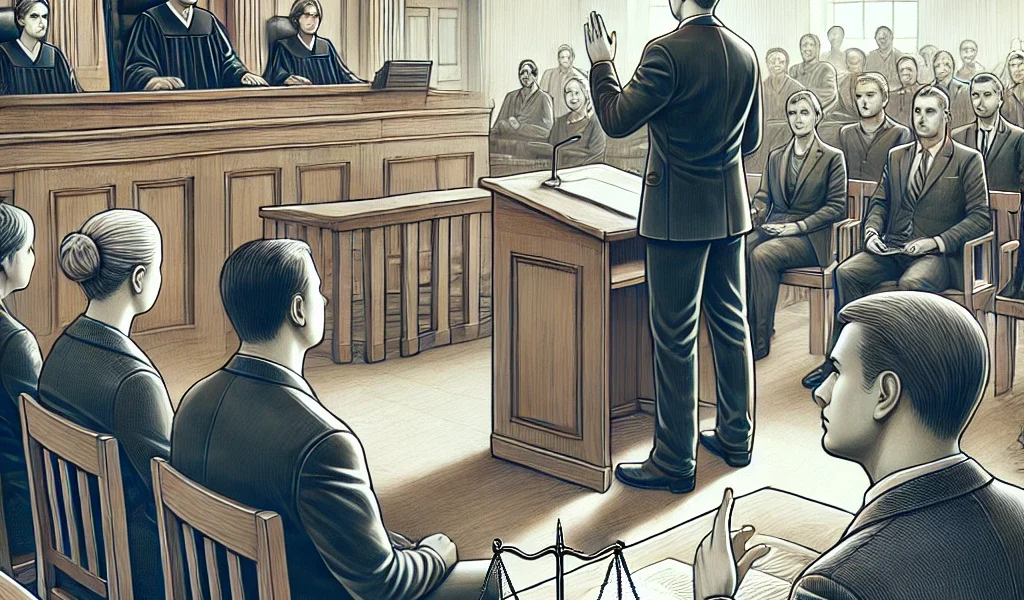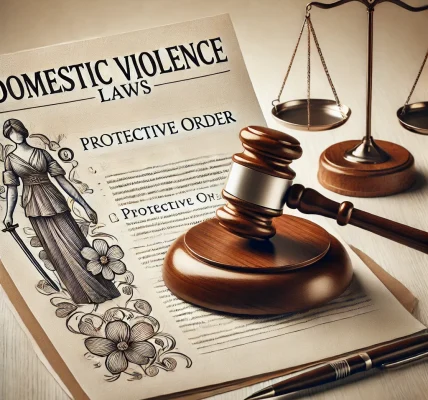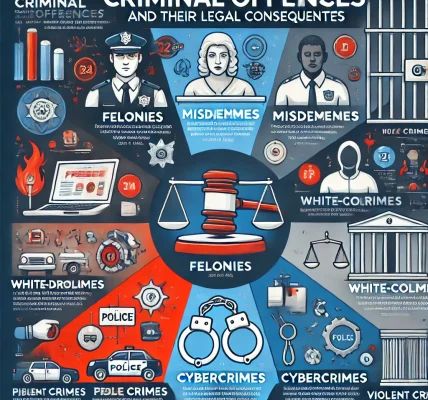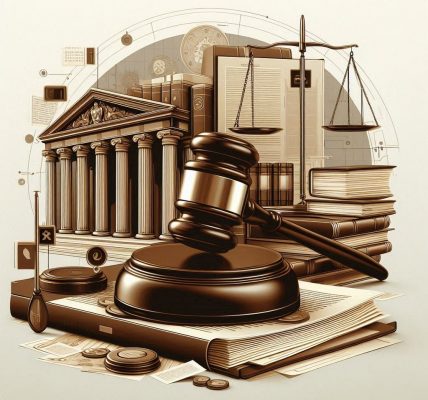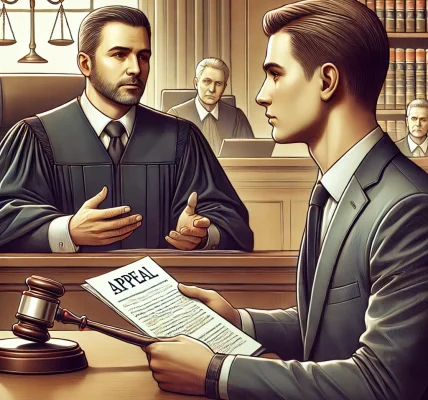A criminal trial is a structured legal process where a defendant is formally accused of a crime, and evidence is presented before a judge or jury to determine their guilt or innocence. If you or someone you know is facing a criminal trial, understanding the process can help reduce uncertainty and ensure you are prepared for what lies ahead. In this guide, we will walk through the key stages of a criminal trial and what to expect at each step.
1. Pre-Trial Procedures
Before a criminal trial officially begins, several important legal steps take place:
A. Arrest and Charges
- After an arrest, the police file a report, and the prosecution decides whether to press charges.
- The defendant is informed of their charges and legal rights.
B. Initial Court Appearance & Bail Hearing
- The accused is brought before a judge, who ensures they understand the charges against them.
- The judge may set bail, which allows the defendant to be released from custody until trial.
C. Plea Bargaining
- In some cases, the prosecution and defense negotiate a plea deal to avoid trial.
- If accepted, the defendant pleads guilty to a lesser charge in exchange for a reduced sentence.
D. Pre-Trial Motions & Discovery
- Both sides exchange evidence (discovery) and file motions to exclude or include specific evidence.
- The defense may request to dismiss charges if there are legal grounds to do so.
2. Jury Selection (Voir Dire)
- If the case goes to a jury trial, both the defense and prosecution participate in selecting jurors.
- Attorneys question potential jurors to ensure a fair and unbiased jury is chosen.
3. Opening Statements
- The prosecution presents an overview of the case, explaining why the defendant is guilty.
- The defense presents their counter-narrative, aiming to establish reasonable doubt.
4. Presentation of Evidence and Witness Testimonies
A. Prosecution’s Case
- The prosecution presents evidence such as witness testimonies, documents, forensic reports, and surveillance footage.
- Witnesses may be cross-examined by the defense to challenge their credibility.
B. Defense’s Case
- The defense presents evidence that supports the defendant’s innocence or casts doubt on the prosecution’s claims.
- The defendant may choose to testify but is not legally required to do so.
C. Cross-Examination
- Both sides question witnesses to highlight inconsistencies or weaknesses in their statements.
5. Closing Arguments
- The prosecution summarizes the evidence and argues why the defendant should be found guilty.
- The defense presents their final argument, emphasizing any doubts about the prosecution’s case.
6. Jury Instructions and Deliberation
- The judge provides legal instructions to the jury, explaining the charges and burden of proof.
- The jury deliberates in private to decide the verdict.
7. The Verdict
- If found guilty, the judge will set a sentencing date.
- If found not guilty, the defendant is free to go.
- If the jury cannot reach a decision, it results in a hung jury, potentially leading to a retrial.
8. Sentencing (If Convicted)
- The judge considers factors such as the severity of the crime and prior criminal history before determining the sentence.
- Sentences can include fines, probation, community service, or imprisonment.
9. Appeals (If Necessary)
- If the defendant believes there were legal errors in the trial, they may file an appeal to a higher court.
- Appeals can lead to a retrial, modification of the sentence, or, in rare cases, reversal of the conviction.
Conclusion
Understanding what to expect during a criminal trial can help defendants and their families prepare for the legal process. A qualified criminal defense attorney is essential to navigating the trial effectively and protecting the defendant’s rights. Every trial is unique, but knowing the basic steps ensures that you are not caught off guard. If you are facing a criminal trial, seeking legal counsel as early as possible is highly recommended.
